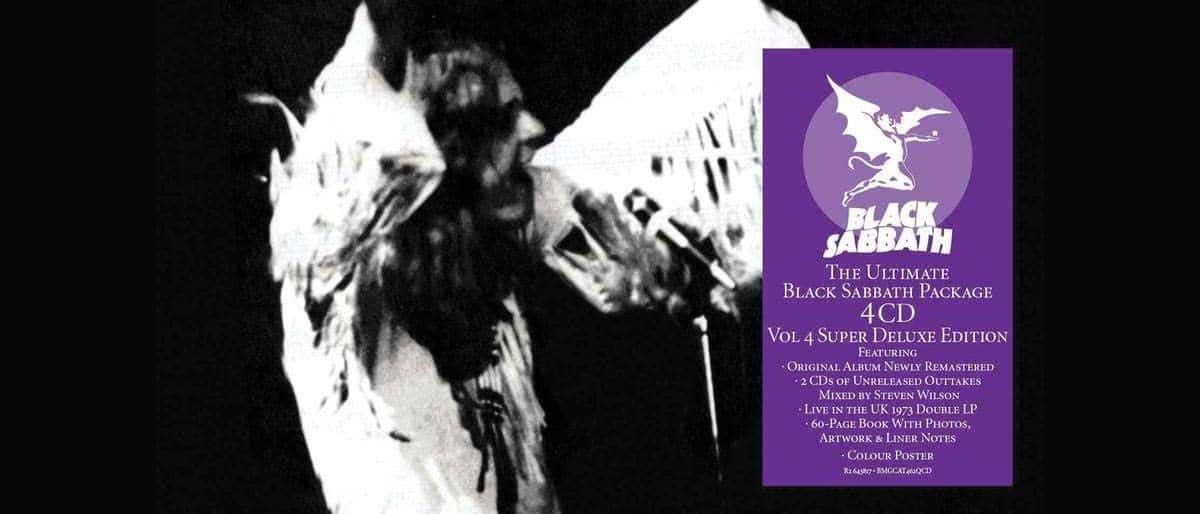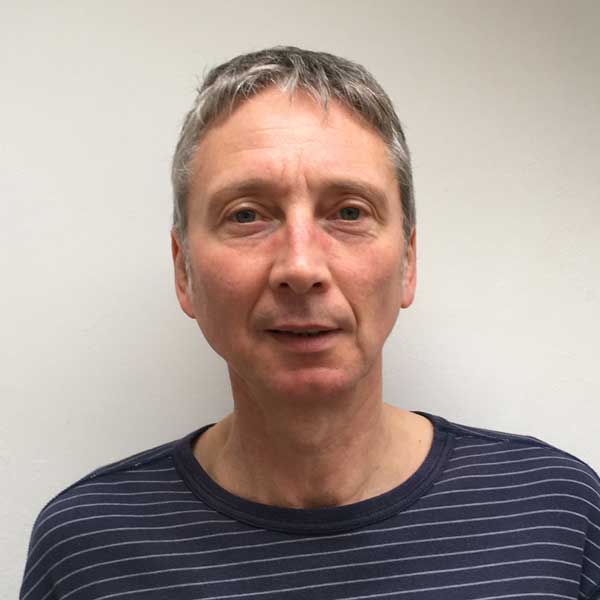The credits famously include “We wish to thank the great COKE-Cola Company of Los Angeles” in barely coded reference to the boxfuls of cocaine consumed during its recording. This after Back Sabbath’s plan to make Snowblind its title-track was over-ruled by their label.
The cocaine, plus opting to produce themselves (alongside manager Patrick Meehan) having previously only recorded in England with Rodger Bain might appear a recipe for disaster but, after lengthy and expensive sessions at LA’s Record Plant studios in 1972, Sabbath’s fourth album is no hedonistic shambles.
Like its predecessors it has moments of softness (Tony Iommi’s acoustic instrumental Laguna Sunrise, the ballad Changes and the 90 seconds of sonic tomfoolery FX) but whereas the first three albums are all doom classics, Vol 4 red-lined the metal.
The riffs peaked on Supernaut: a face-melting boogie supported by Geezer Butler’s booming bass bombs, Ozzy Osbourne maniacal and Bill Ward delivering a drum-break to die for. But all 10 songs – here remastered by Andy Pearce and Matt Wortham, also credited on re-issues by Deep Purple, Rory Gallagher et al – sound rich and timeless.
Meanwhile, Steven Wilson has also lovingly curated around 79 minutes of previously unreleased alternative recordings across two CDs. The first disc has five nearly-complete numbers awaiting (variously) guitar solos, Mellotron and string sections – as well as the final lyrics that Butler must have contributed very late in the day. Wheels Of Confusion (one of six songs played live in the preceding months), was even here an eco-friendly anthem.
The second disc contains alternative/incomplete takes beginning with five stabs at Wheels Of Confusion (which Ozzy assures the engineer is called Bollocks) followed by a beautifully fluid Iommi solo in The Straightener, the coda taped separately. The first of two Supernauts has a slightly slower tempo. The second features the guitarist inexplicably overcomplicating one of his greatest riffs and Ward struggling with the intro.
The fourth CD (discs four and five on vinyl) re-sequences live performances from the March 1973 UK tourheard previously as Live At Last (1980) and part of Past Lives (2002) – but former Free engineer Richard Digby Smith’s new mix proves third time lucky and outshines even the glorious 60-page booklet.
In that, Butler admits Sabbath spent more on cocaine than renting the studio. Happily, long days “wired” prevented them settling for any of the works-in-progress, instead knuckling down until they had absolutely nailed Vol 4’s final, brilliant versions.

